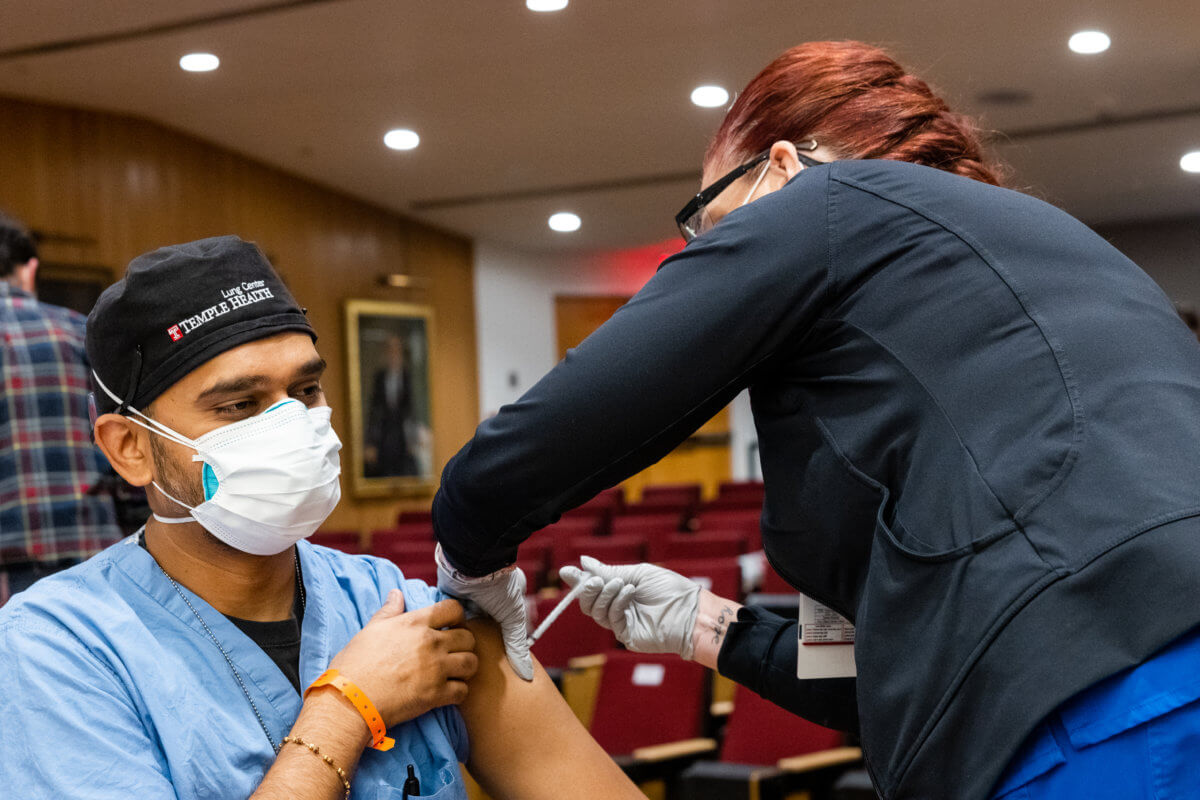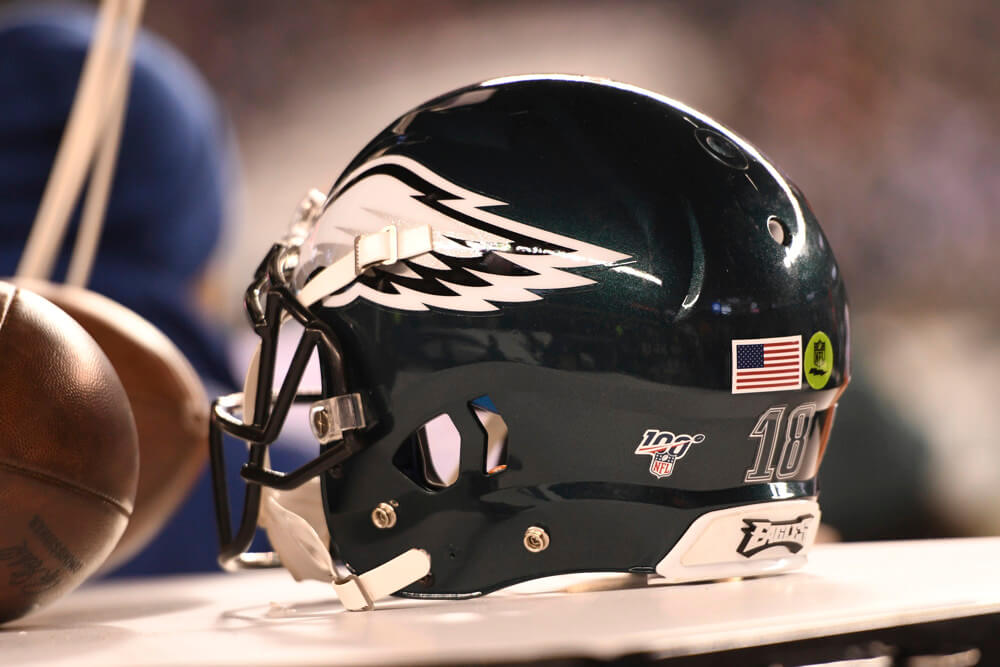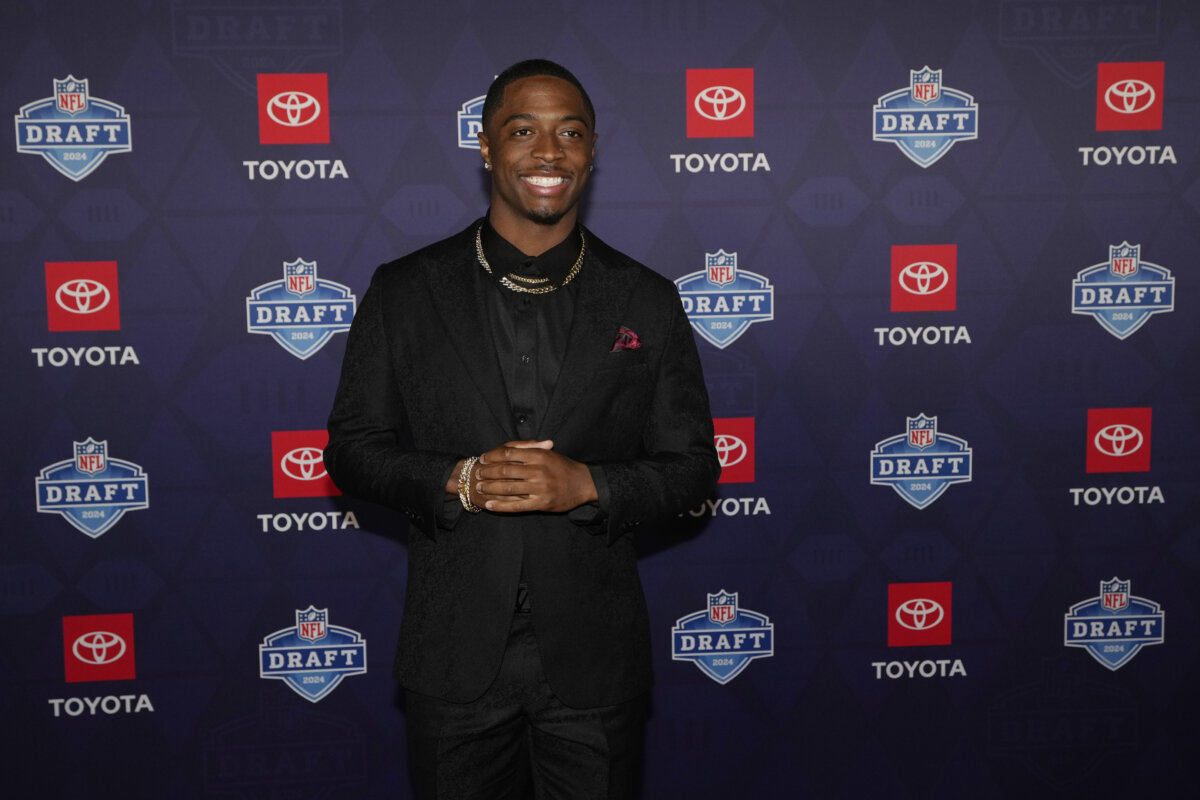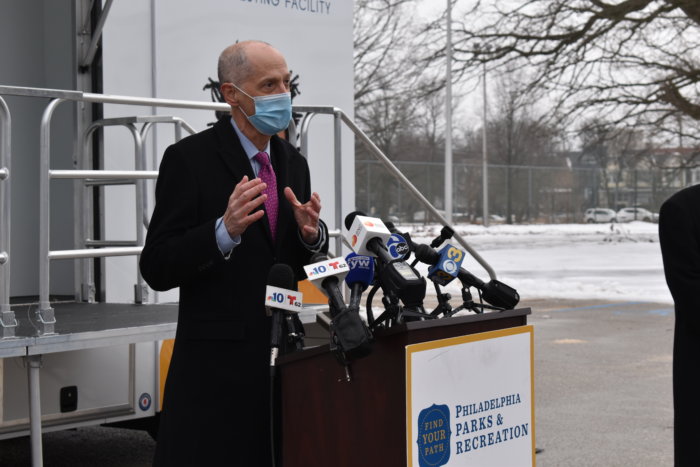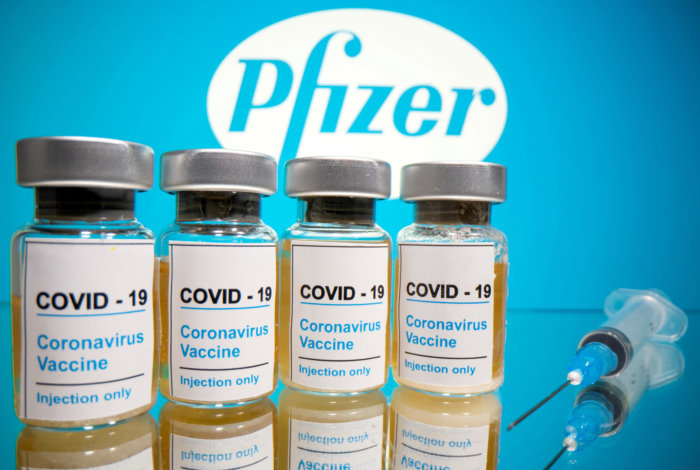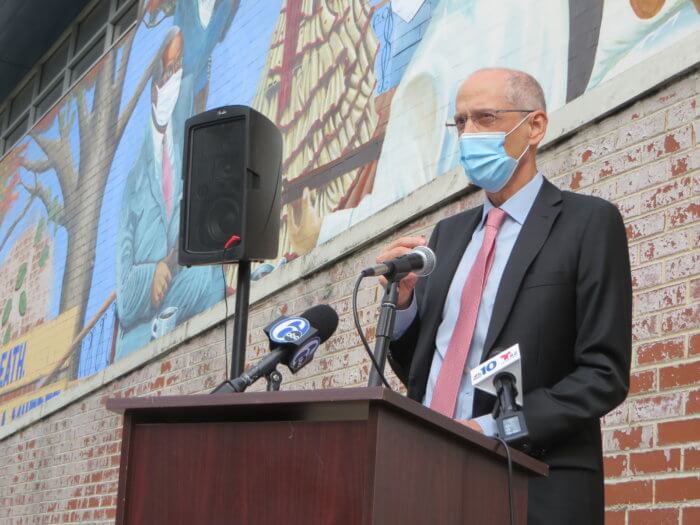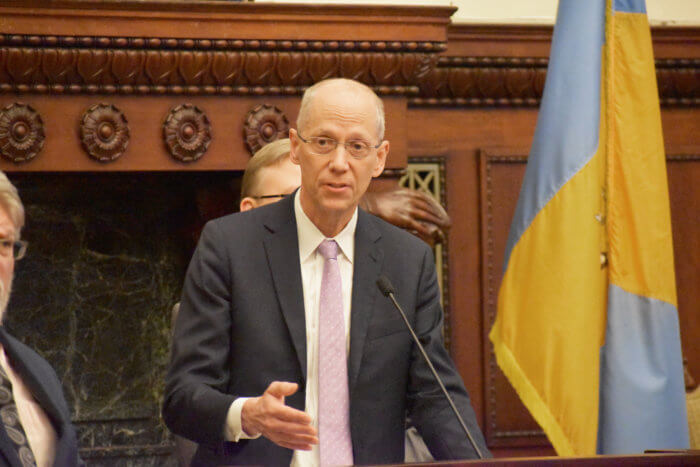Pennsylvania Health Secretary Rachel Levine said she sees the country’s coronavirus vaccination campaign moving into “high gear” in the new year, as the first group of people inoculated in the state prepare for their second injections.
Some have been critical of the roll-out, coordinated by Operation Warp Speed. Last week, Gov. Tom Wolf said he was “personally disappointed.”
Federal officials had predicted that 20 million Americans would be inoculated during the month of December. So far, just under 4.6 million have been vaccinated, the Centers for Disease Control and Prevention said Monday.
“I really think that some of the estimates from the federal government, especially estimates during the holidays, were higher than they should have been,” Levine said Monday.
“I think it was always going to be a challenge during those two-to-three weeks to be able to administer the vaccines that were sent to us,” she added.
Pennsylvania will receive 246,725 doses of COVID-19 vaccine this week. The total does not include shipments headed to Philadelphia, which is independently handling its own distribution. The city typically releases numbers on Tuesdays.
Nearly 100,000 doses in this week’s allotment will be for healthcare workers receiving their second injection, Levine said. Both vaccines that have received federal authorization — produced by Moderna and Pfizer/BioNTech — require a second shot.
In addition, about 30,000 doses will be administered as part of a federal partnership with CVS and Walgreens to inoculate nursing home residents and staff.
The pharmacy chains completed vaccination clinics at 115 Pennsylvania nursing homes last week, Levine said, though state officials are waiting for data on exactly how many people were vaccinated.
On Wednesday, a state order will go into effect requiring hospitals and other locations receiving shipments to dedicate at least 10% of their allotment to healthcare workers who are not affiliated with a health system. Institutions must also establish a point of contact for that group.
As of Monday, 135,044 people have been inoculated in Pennsylvania, and an additional 27,088 have received the vaccine in Philadelphia.
Levine said she remains “positive and optimistic” about the vaccination campaign, even while acknowledging it will take months for everyone who wants a vaccine to get it.
She offered a few details on what the process will look like after healthcare workers and nursing home employees are inoculated in what has been dubbed phase 1a of the roll-out.
Phases 1b and 1c, which includes essential workers, seniors and people with chronic medical conditions, will likely require mass vaccination sites, as well as a registration system, Levine said, adding that people who sign up will have an appointment.
“It will be really important not to just have large groups of people waiting in line to get the vaccines,” Levine said.
There is no timeline from the state for the start of phases 1b and 1c. Levine said it will depend on how much vaccine Pennsylvania receives from Operation Warp Speed.
COVID-19 hospitalizations have begun to drop across the commonwealth, and there are no signs yet of a post-holiday surge in cases.
Pennsylvania officials reported 3,226 new cases Monday and 4,579 Sunday. Levine indicated those numbers might be artificially low due to technical maintenance that was performed on the state’s coronavirus dashboard.
There were a combined 122 COVID-19-related deaths over the two days, and 5,529 people are hospitalized with the virus around the state.
“Our hospitals and healthcare systems continue to be significantly challenged, but they are maintaining excellent patient services and care,” Levine said.
Philadelphia reported 1,576 positive tests and 37 deaths since Thursday, and there are 685 COVID-19 hospitalizations in the city.
Meanwhile, state restrictions were eased Monday morning, allowing gyms, museums, theaters, casinos and bowling alleys to reopen, and indoor dining and in-person high school classes were cleared to resume.
However, in Philadelphia, indoor dining, casinos, theaters and indoor gatherings remain banned through Jan. 15. For the newly-permitted activities, stricter capacity limits are in place.



